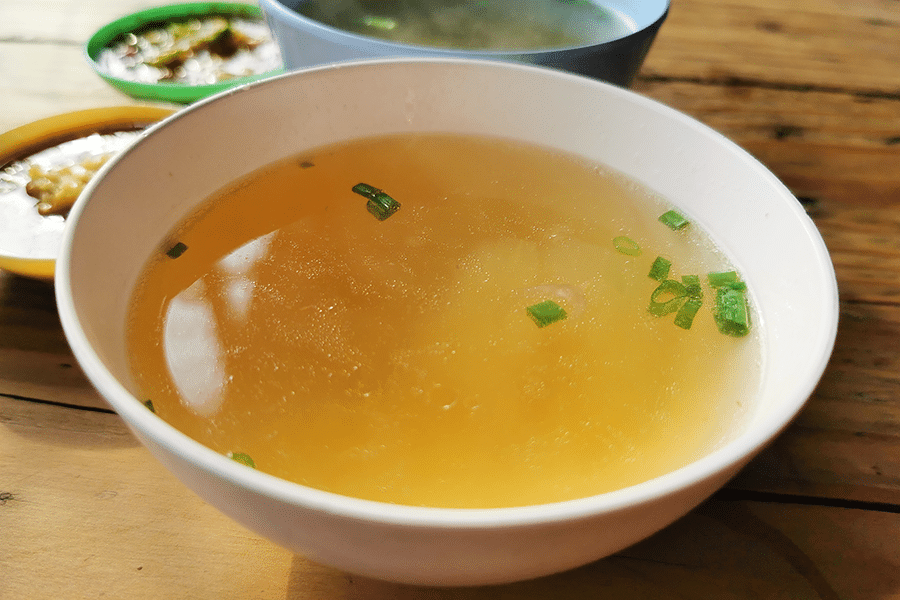Patients who are well prepared for oral surgery usually end up having a smoother recovery. We advise our patients to plan ahead and buy some soft food items prior to surgery. After you’ve had oral surgery it’s very important to ensure you’re getting the right nutrition. A nutritious diet minimizes the risk of complications, helps reduce swelling, provides nourishment, and aids the wound-healing process.
The foods you eat after oral surgery should be soft and easy to chew. They should also be abundant in vitamins, minerals, energy, and protein to assist wound healing.
For 2 days after surgery, drink liquids and eat soft foods only. On day 3 after surgery, eat soft foods that do not
require much chewing.
Here are some ‘mushy’ diet suggestions
- DAILY VITAMINS!
- Anything put through a food blender
- Cream of Wheat, Oatmeal, Mashed Avocado, Applesauce
- Mashed Potatoes or Baked Potatoes – OK with butter/sour cream
- Mashed Banana or any mashed/blended fruit except berries with seeds
- Broth or Creamed Soup
- Mashed Steamed Vegetables – Mashed Yams, Baked Sweet Potato, or Butternut Squash
- Cottage Cheese, Cream or Soft Cheese
- Creamy Peanut Butter without solid pieces
- Eggs any style, with or without melted cheese – Omelets can have cheese and avocado
- Jell-O, Pudding, Ice Cream, Yogurt
- Milk Shakes/Smoothies * DO NOT blend with berries containing seeds
- Ensure, Slim fast nutritional drink
Avoid the following:
Always avoid tough, crunchy, spicy, and acidic foods. Most patients may resume their normal diet 7 days after surgery.
- Chewing Gum
- Eating Candy, Cookies, Chips, Nuts
- Anything Hard or Crunchy
- Anything with Seeds or Hard Pieces (fruits, breads, etc.)
- Meat that Shreds and Can Lodge under the Gums/Between the Teeth.
- Raw Vegetables/Salad
What you can expect after oral surgery:
- Swelling: Some swelling is normal after oral surgery. For most people, it increases for 2 or 3 days and then starts to go down after that. If your swelling and pain increase after 3 days, call your oral surgeon for an appointment.
- Discomfort: You will have the most discomfort when the feeling starts to return to your mouth.
- Bleeding: You can expect to have some bleeding or “oozing” for the first 12 to 24 hours after surgery
The Bottom Line:
If you’ve just had surgery it’s important to choose nutrient-rich and soft-textured foods. Healthy, soft foods not only support recovery but also help prevent discomfort.
If you’re having surgery soon, it may be worthwhile to stock your cupboard with these delicious foods to make sure you’ll stay nourished and satisfied after surgery. If you have any questions please feel free to call us at Alfano Oral Surgery. Our team would be happy to answer any questions or concerns you may have regarding oral surgery.
